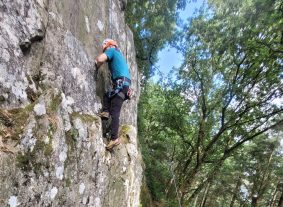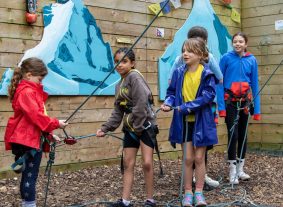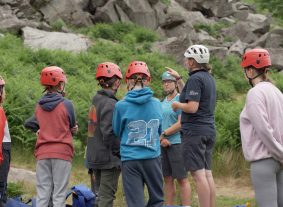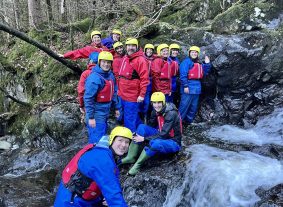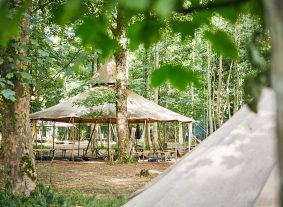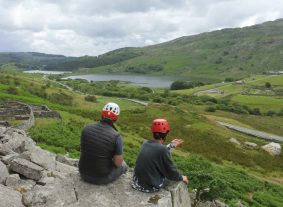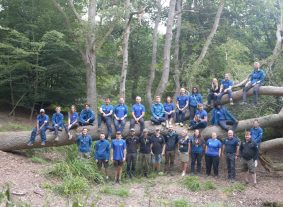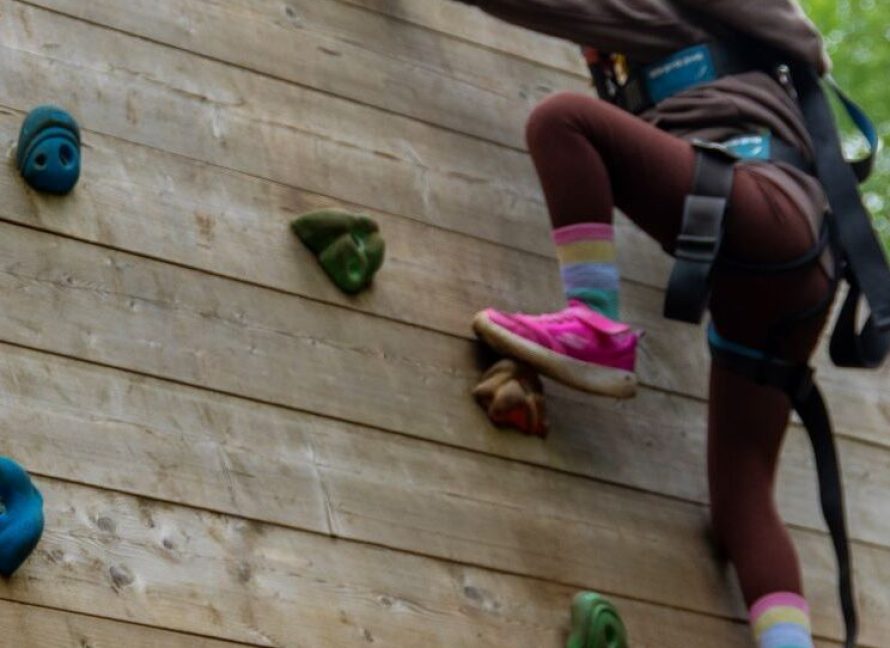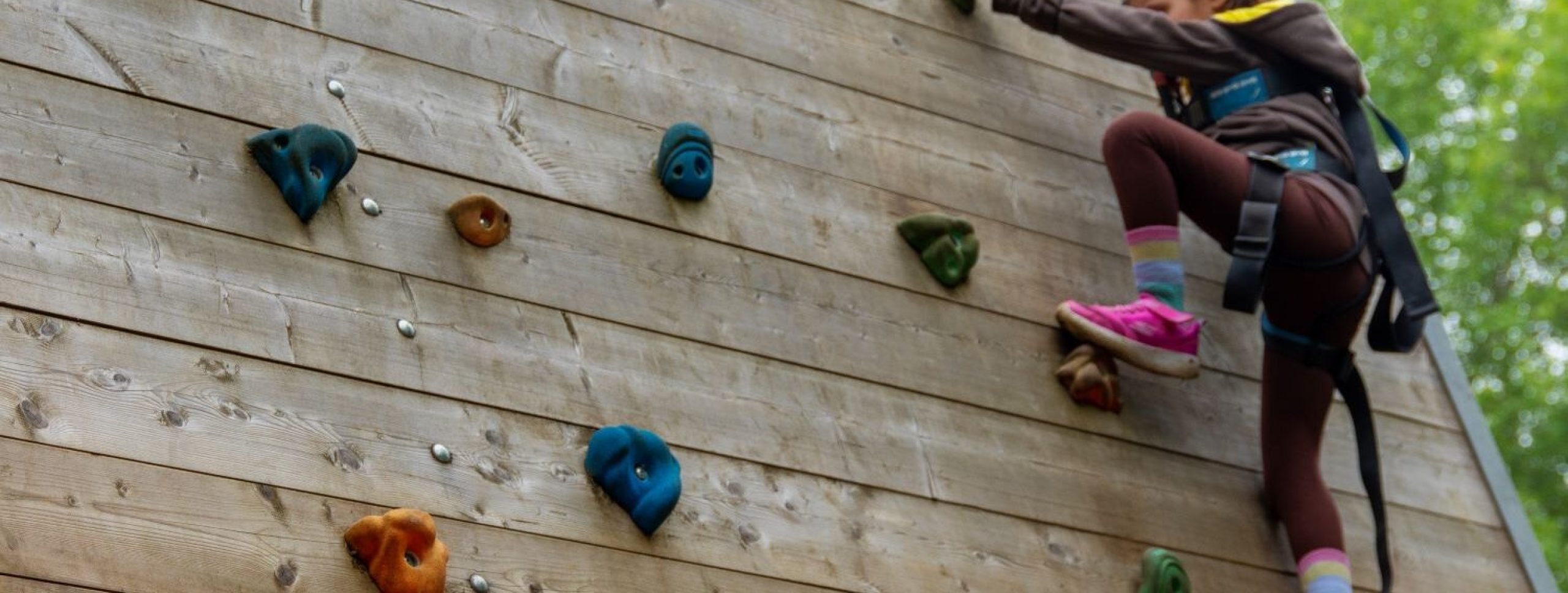Outdoor learning trips provide invaluable educational opportunities, offering students hands-on experiences that can’t be replicated in a classroom. These trips not only engage students academically but also help them develop critical life skills such as problem-solving, teamwork, and resilience. However, as a teacher planning or leading an outdoor learning trip, you may encounter concerns — either from yourself, parents, or even your students — about the potential challenges associated with these experiences.
Fear of the Unknown
The Fear: Students (and teachers!) may feel apprehensive about being in an unfamiliar, outdoor environment, particularly if they aren’t accustomed to spending time in nature. Concerns about getting lost, encountering wildlife, or being away from home comforts can create anxiety.
Ways to Overcome It:
- Pre-trip orientation: Conduct a detailed pre-trip meeting where you go over the itinerary, location, and activities. Use photos and videos of the outdoor centre to help familiarise students with the environment.
- Team-building activities: Before the trip, organise team-building exercises or small group discussions to help students feel more comfortable with their peers.
- Implement a buddy system to ensure that students always have a partner, reducing anxiety about getting lost or separated from the group.
Fear of Physical Challenges
The Fear: Outdoor learning trips involve physical activities like hiking, climbing, or water sports. Teachers may worry that some students won’t be able to keep up physically, or that students who are less athletic might feel excluded or embarrassed.
Ways to Overcome It:
- Frame physical activities as opportunities for personal achievement rather than competition. Celebrate effort, teamwork, and persistence rather than just who finishes first or goes the farthest.
- Encourage students to set personal goals and recognise that everyone has different strengths. Even small accomplishments, like overcoming a fear of heights or completing a long hike, should be celebrated.
At our outdoor centres, we ensure activities are appropriate for all fitness levels and offer adaptable activities so that all students can participate at their own pace.
Homesickness
The Fear: For younger students or those who haven’t been away from home before, homesickness can be a real concern during overnight trips. Teachers may worry about how to comfort and manage students who feel anxious about being away from their families.
Ways to Overcome It:
- Discuss the trip with students well in advance. Encourage parents to help their children practice short overnight stays with relatives or friends if they’ve never been away from home.
- Encourage students to support each other, and make sure staff are approachable if a student is feeling anxious or homesick.
- Remind students and parents that feeling homesick is normal, but the experience of being away from home can build confidence and independence.
Academic Concerns
The Fear: Some educators may worry that time spent outside the classroom means falling behind academically, especially with the pressure to cover curriculum standards.
Ways to Overcome It:
- Work with us to align the trip’s activities with key elements of the curriculum.
- Outdoor learning engages students in experiential education, which is proven to help students retain information more effectively than passive classroom learning.
- Follow up the trip with reflective or project-based assignments that allow students to connect their outdoor experiences to classroom lessons. This can also help reinforce key academic concepts while encouraging students to apply their learning in new ways.
The Rewards of Outdoor Learning Outweigh the Fears
It’s natural to have concerns when planning an outdoor learning trip, but by addressing these common fears head-on, you can turn potential obstacles into opportunities for growth.
